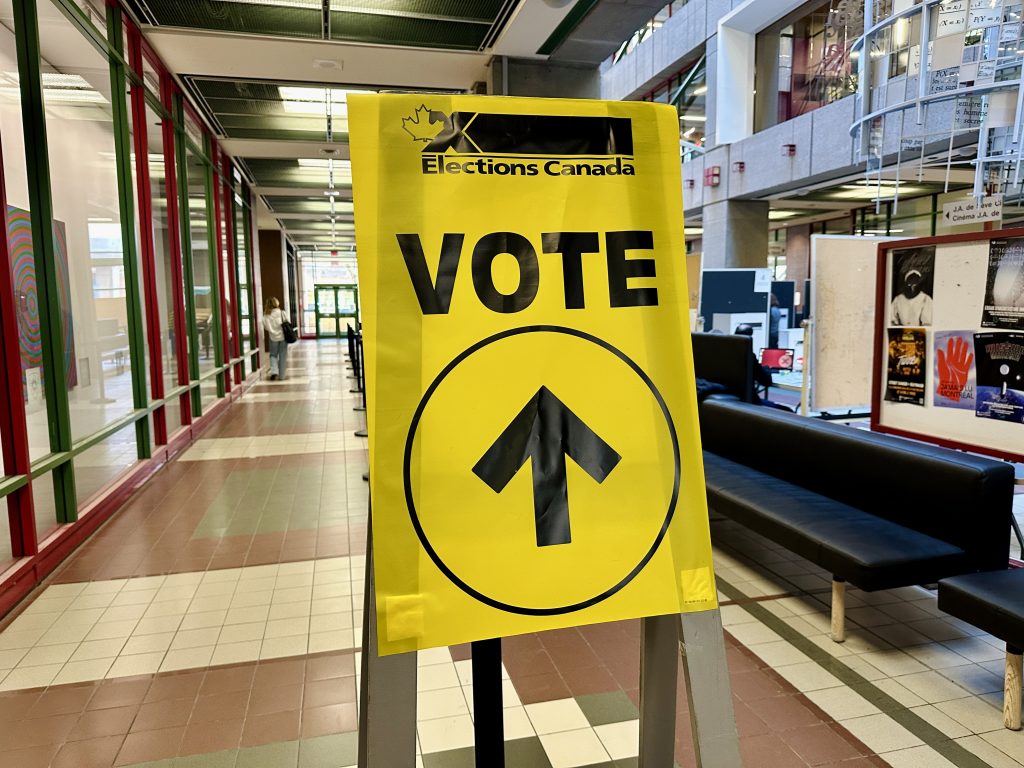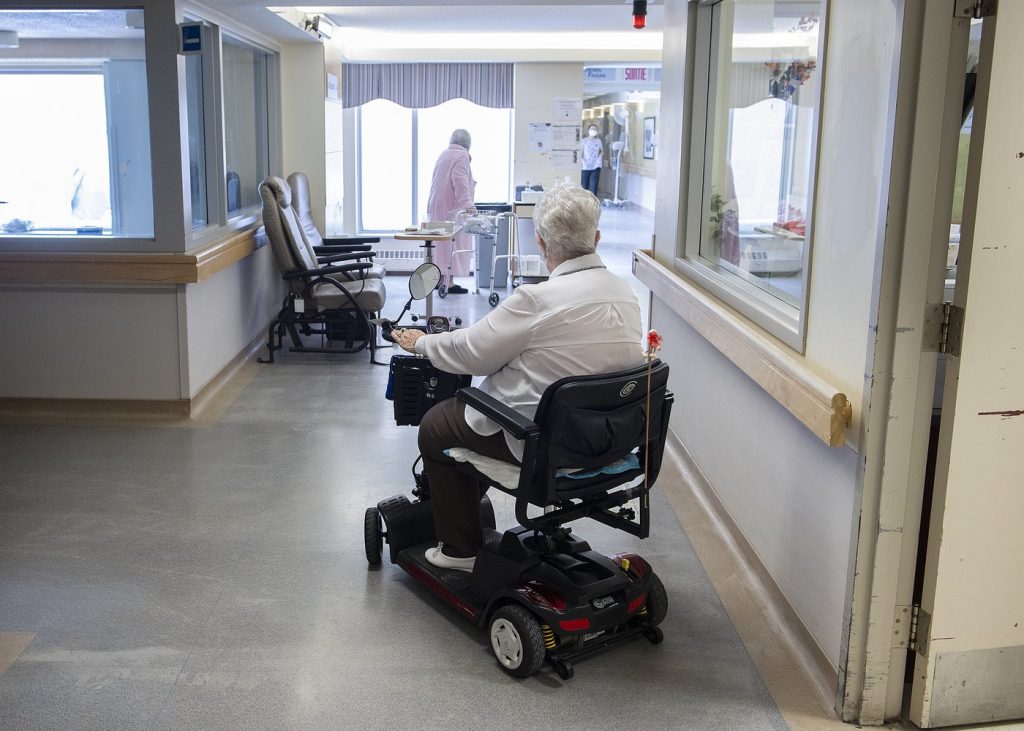Canadian students can now vote on campus

Posted April 12, 2025 6:16 pm.
Last Updated April 13, 2025 5:23 pm.
Montreal’s university students are juggling multiple priorities — final projects, studying for exams, and now, with Election Day just two weeks away, making time to vote. Elections Canada is working to reach young voters where they are. Polling stations have been set up at over one hundred campuses across the country, open from April 13 to April 16.
“Students on campus are in the middle of finals right now, and I can see the excuse being that they don’t have enough time to vote and it being on campus doesn’t give them the excuse,” said Adam, a student at Concordia University.
Historically, people between the ages of 18 and 24 have had the lowest voter turnout — with only 46.7 per cent participating in the 2021 federal election, compared to the overall turnout of 62.2 per cent. However, there’s been an upward trend: in 2011, just 38.8 per cent of young voters cast their ballots.
Removing barriers to voting is key. Since 2015, Elections Canada has organized the Vote on Campus program to make it easier for students to participate.
“This program was to reduce the barriers to access to voting this year we have 109 across the country,” said Florence Ryan, media advisor at Elections Canada.

Voting is done by special ballot—it’s blank and voters write in the name of their candidate—that way, students whose place of residence is outside of where they are going to school can vote for a candidate in their riding. A list of the candidates in their riding is available upon request.
“They just need to make sure that the ID they have with them when voting has the same address as the one they register with,” said Ryan.
Motivation is another barrier for getting young people out to vote, according to Sam Reusch, executive director at Apathy is Boring.

Reusch says that young people often feel excluded from politics. This sense of disconnection leads to disengagement and perpetuates a cycle of low youth participation.
“Maybe you feel like all the parties are the same and the politicians just, you know, sort of are interchangeable but maybe you also live in a riding where you’ve always been represented by the same party,” said Reusch. “You might be in a safe riding where you don’t feel like your vote makes an impact. And again, that’s where we say it’s really important that you remember that parties, campaigns, and candidates and eventual parliamentarians are paying attention to the demographics of the people that show up.”
Reusch says that climate is still a top-of-mind issue for young people, but that it’s hard to think about these broader challenges when many are living paycheck to paycheck.
Reusch also notes that voting takes about nine minutes — and registration is possible right up until a minute before you cast your ballot on Election Day.
“Now housing in our heads is completely gone,” said Michael Aoun, student at Concordia University. “There’s, we can’t even think about it anymore ’cause I’m looking to buy, but currently it’s almost impossible with the job market right now also.”
“The economy, I’m thinking about the future and it’s a bit scary,” said Delphine Palange, student at Cegep du Vieux Montreal.
“US Canada relations are at the forefront and I think for myself, that’s also something that merits a lot of attention,” said Erik Lagerweij, student at McGill University.
Vote on Campus runs from Sunday to Wednesday. It’s not only for students–all eligible voters can cast their ballot.








